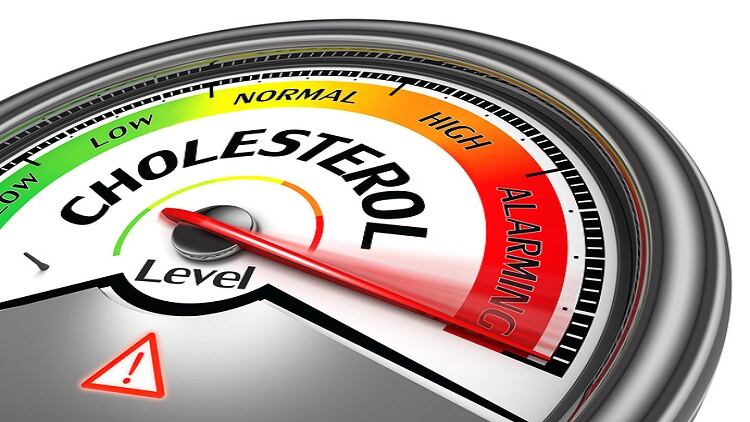Researchers explained that this was because omega-3 supplementation had improved liver function which was crucial in regulating the VLDL and TC levels.
The RCT studied the effectiveness of iWi, a plant-based omega-3 supplement, in lowering cholesterol levels.
The source of omega-3 in this case is Almega®PL – a proprietary extract of the microalga nannochloropsis developed by Qualitas Health.
Recruiting 120 healthy volunteers the age of 25, the trial funded by Qualitas Health took place in Brisbane between June 2018 and January this year.
The experiment group took one omega-3 capsule at breakfast while the control group took the placebo.
Most of the omega-3 supplements in the market contains both EPA and DHA.
However, the supplement used in this study was an EPA-only formula. Each capsule contains 250mg of EPA, 150mg of polar lipids, and 40mg of ARA, as well as other ingredient such as lutein, zeaxanthin, and beta-carotene.
Results showed that the omega-3 supplementation was most effective in reducing VLDL levels, which in turn brought down the total cholesterol (TC) levels.
In the experiment group, the VLDL level dropped from 0.91 ± 0.73 mmol/L to 0.66 ± 0.49 mmol/L and TC from 6.47 ± 1.20mmol/L to 6.32 ± 1.05 mmol/L.
In contrast, the VLDL levels remained constant in the placebo group at 0.89 ± 0.59 mmol/L throughout the entire trial. Their TC levels also saw a slight increase from 6.51 ± 1.48 mmol/L to 6.54 ± 1.42 mmol/L.
Through a sub-group analysis, the researchers found that the drop in TC and VLDL due to the supplementation was more pronounced in volunteers with a higher baseline TC.
In this sub-group comprising of 40 volunteers, their TC saw a 4% drop from 6.94 ± 0.94 mmol/L to 6.65 ± 0.91 mmol/L, while VLDL dropped 27% from 1.00 ± 0.77 mmol/L to 0.73 ± 0.50 mmol/L.
Higher omega-3 index
The omega-3 supplementation also led to a higher omega-3 index.
In the experiment group, their omega-3 index increased by 5.51 ± 1.05% from the baseline on the 6th week of the trial.
By the end of the study, the omega-3 index had further gone up by 5.75 ± 0.90%.
A breakdown of their serum omega-3 concentration showed that much of the change was seen in the EPA and DPA levels.
By the end of the study, their EPA concentration had increased from the baseline of 0.82 ± 0.37% to 1.27 ± 0.36%.
“Overall, the results show that Almega®PL was well absorbed and assimilated, and, despite relatively low supplementation levels (250 mg EPA/day), it provided an effective way of increasing the Omega-3 index,” the researchers said.
Mechanisms
The researchers explained that the omega-3 supplementation had reduced TC and VLDL due to an improvement in liver function.
In this study, the liver function was determined by the amount of AST enzyme produced.
When damaged, the liver produces a higher amount of AST.
By the end of the study, there was a lower amount of AST in the experiment group while vice versa was seen in the placebo group.
The improvements in liver function meant that a lower amount of triglyceride was produced and transported from the liver to the muscle and fat tissues. This in turn decreases VLDL and TC levels.
Source: Nutrients
Omega-3 Eicosapentaenoic Acid (EPA) Rich Extract from the Microalga Nannochloropsis Decreases Cholesterol in Healthy Individuals: A Double-Blind, Randomized, Placebo-Controlled, Three-Month Supplementation Study
https://doi.org/10.3390/nu12061869
Authors: Amanda Rao, et al





